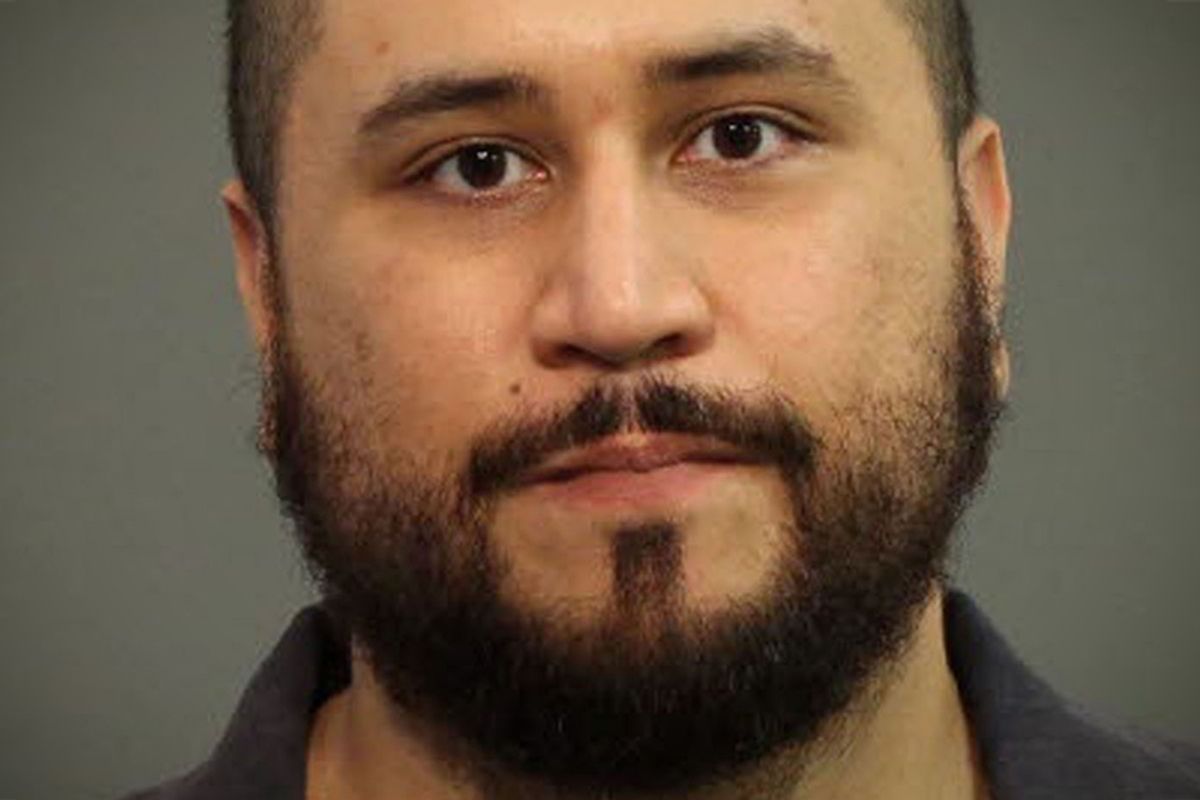Less than three months after his estranged wife called the police to report him for allegedly threatening her with a firearm during a domestic dispute, George Zimmerman is in the news for allegedly threatening his current girlfriend, Samantha Scheibe, with a firearm during a domestic dispute. But this time, charges were filed.
As a result, a Florida judge on Tuesday ordered Zimmerman to surrender his firearms -- weapons he was allowed to keep and conceal despite a history of the use of deadly force. But being required to give them up doesn't mean he won't get them back. In fact, it doesn't even mean he will have to give them up.
Florida, like so many other states, has incredibly permissive gun laws that are made much worse by lax enforcement, as Salon has previously reported. And while Zimmerman was ordered to surrender his firearms, Florida gun statutes do not explicitly compel police to retrieve weapons from a person subject to a restraining order or a domestic violence charge, rendering some of these orders effectively null.
"It really demonstrates to the public how we bend over backwards to let people keep their guns," Dr. Daniel Webster, director of the Johns Hopkins Center for Gun Policy and Research, told Salon.
Further compounding the problem -- and granting men like Zimmerman an even wider berth to threaten and endanger others -- is the absence of a comprehensive background check system and the myriad loopholes that allow dangerous offenders to purchase weapons despite restrictions already in place. Even if Zimmerman is found guilty of domestic violence and barred, as is dictated by federal law, from possessing guns, "He could go to a gun show or go online to buy a firearm," according to Webster. "There are a variety of ways he could connect with a gun. We make it really, really easy for such jokers to do that."
And if Zimmerman gets off -- again -- his guns will be returned to him -- again. The prohibition only lasts as long as the court order. After it expires, Zimmerman is free to own as many guns as he'd like. And in Florida, he can continue to conceal and carry those guns without issue.
"There is no single risk factor that increases lethal outcomes in a domestic violence incident than an abuser's access to a gun. And when we talk about categories of restrictions and who should be prohibited from owning guns, people should understand how there are many people who are 'legal' gun owners, but when you look at their background, their pattern of behavior is not consistent with this idea of the law-abiding gun owner," Webster said, in reference to his research with Johns Hopkins.
And this is precisely why Florida's lack of meaningful gun regulations -- and national failures in reform -- have serious and potentially deadly implications far beyond the Zimmerman case, he said.
"There are a hell of a lot of George Zimmermans out there."



Shares